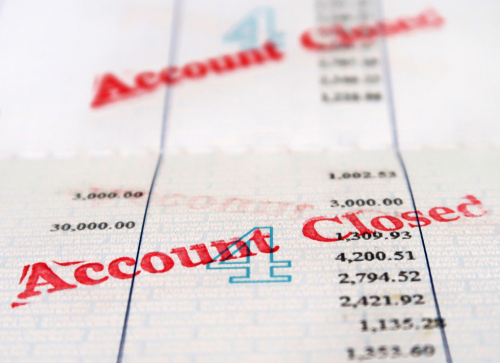The Consumer Financial Protection Bureau (CFPB) affirmed this week that a bank may violate federal law if it reopens a deposit account to process transactions after a consumer has already closed it.

This follows complaints from consumers that some banks have “reopened” their accounts and assessed overdraft and nonsufficient funds fees even after the account has been closed. Consumers have also reported that financial institutions have charged account maintenance fees upon reopening, even if the consumer was not required to pay account maintenance fees prior to account closure.
“When a bank unilaterally chooses to open an account in someone’s name after they have already closed it, this is a fake account,” CFPB Director Rohit Chopra said. “The CFPB is acting on all fronts to halt the harvesting of illegal junk fees.”
The CFPB confirms that banks may risk violating the Consumer Financial Protection Act’s prohibition on unfair acts or practices by unilaterally reopening closed accounts. When that happens, consumers may incur overdraft, nonsufficient funds, or monthly maintenance fees. This practice may also enable third parties to access a consumer’s funds without consent. And if reopening the account overdraws the account, banks may also furnish negative information to consumer reporting companies if consumers do not settle negative balances quickly.
Consumers often cannot avoid the risk of injury caused by this practice because they cannot control a third party’s attempt to debit or deposit money.
Previously, the CFPB previously ordered USAA Federal Savings Bank to pay more than $15 million in consumer remediation and penalties for violating the Consumer Financial Protection Act by illegally reopening deposit accounts consumers had previously closed.